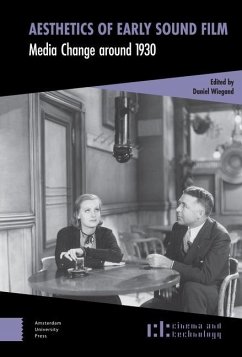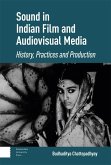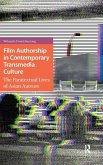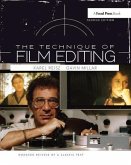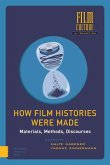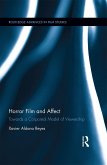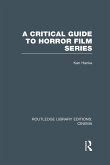This volume takes a fresh look at the various aesthetics emerging globally in the early sound film era, with a focus on the filmsâEUR(TM) fundamentally experimental and inventive character. By considering films and production contexts often neglected in film studies, it strives to counter the still dominant view of the transitional period as a time of yet-to-be-perfected forerunners of âEUR¿classicalâEUR(TM) sound film. Instead, authors highlight the sense of âEUR¿fruitful uncertaintyâEUR(TM) in this period of media change and transformation. Subjects covered include visual and auditory style; the uses of speech, music, and noises; aesthetic conceptions in sound film theory; and intermedial aesthetics. The volumeâEUR(TM)s scope is decidedly international, covering production and reception contexts in the Soviet Union, Japan, the USA, Germany, France, Italy, the UK, and Switzerland.
Hinweis: Dieser Artikel kann nur an eine deutsche Lieferadresse ausgeliefert werden.
Hinweis: Dieser Artikel kann nur an eine deutsche Lieferadresse ausgeliefert werden.

